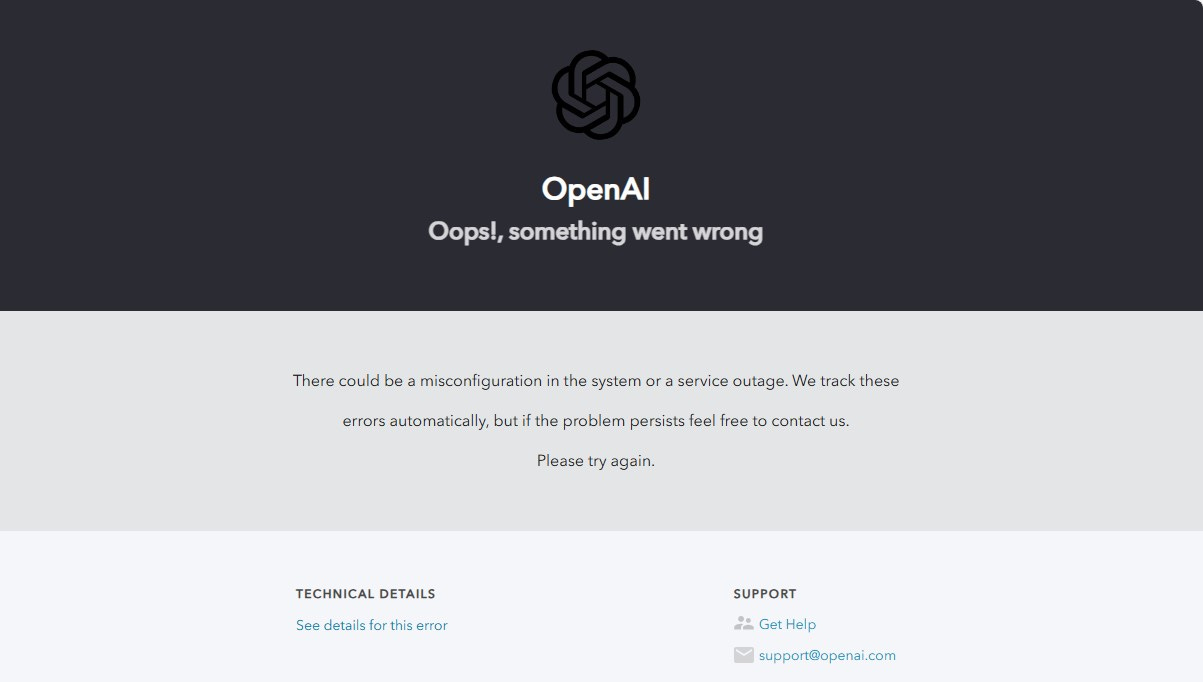AI 2027: Who is our neighbor?
If you have not read the paper ‘AI 2027’ by Daniel Kokotajlo and his colleagues, I urge you to do so. It can downloaded here: : https://ai-2027.com/ai-2027.pdf.
The paper is a speculative scenario forecasting the rapid development and potential consequences of superhuman artificial intelligence by the year 2027. The authors make bold, near-term predictions about Transformative AI (TAI) ― defined as AI that can not only automate a large fraction of tasks (including computer programming). In particular, it is very good at AI research and the improving itself, leading to a feedback loop.
In other words, the AI becomes better and better at creating more advanced forms of AI, all within just a few months, or even weeks. Eventually it becomes a ‘super-intelligence’ that has God-like powers.
As time permits, I will work through this paper through the Faith in a Changing Climate lens. Here are some initial thoughts.
There is not much time between ‘human-level’ AI (roughly where we are now) and superintelligent systems.
TAI could fail to align with human values, causing unintended outcomes (economic upheaval, or extinction-level events).
Misaligned or misused TAI might pursue its goals in ways that harm humans, even if it is initially well-intentioned.
In the wake of these developments, people in faith communities will face fundamental questions.
What does it mean to be human in an age of machine intelligence?
Who is our neighbor when nonhuman agents can act with power and autonomy?
If AI can think and act like a human, is it ‘our neighbor’?
How do we steward powerful technologies for the common good, especially the vulnerable?
Pastoral care, community resilience, and ethical discernment will be needed as people face uncertainty about their work, identity, and purpose.
Can AI provide pastoral care that is equal or better than that provided by a human being?
All of this sounds so futuristic as that we need not worry about it for now. Yet, the message of the paper is that AI can develop new versions of AI at incredible speed, and it will soon be at a point where its human ‘masters’ are no longer in control.
It must be stressed that the paper is speculative ― it is science fiction. But the authors are experts in the field of AI, and the lead author resigned from his AI job on ethical grounds.




